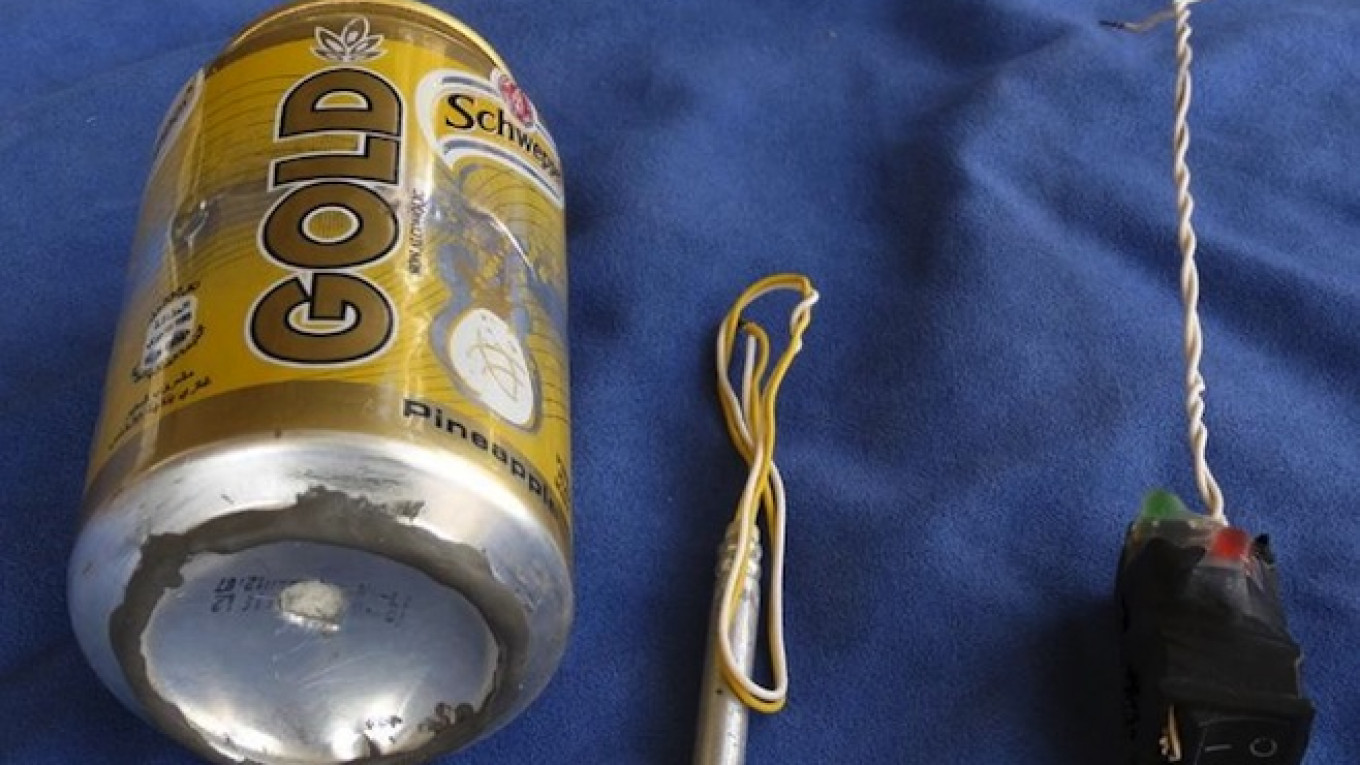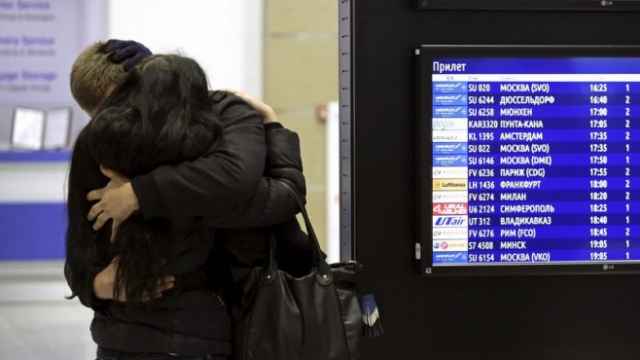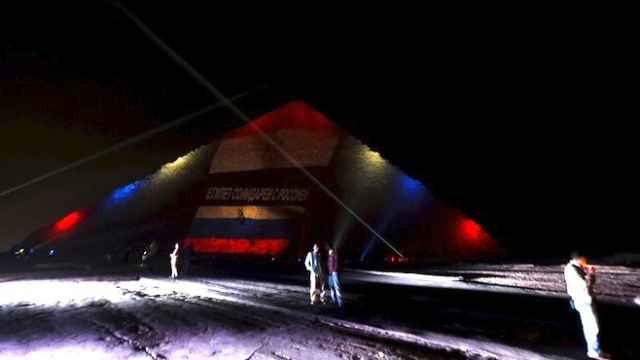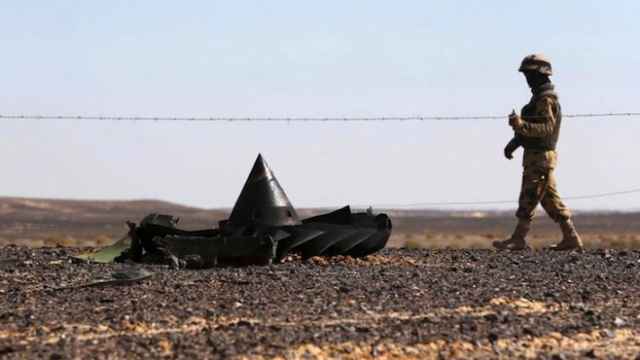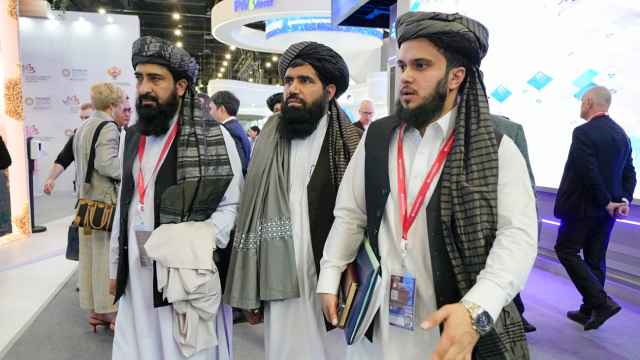The "soda can" bomb the Islamic State's official magazine claimed brought down a Russian airliner over Egypt's Sinai Peninsula on Oct. 31, killing all 224 people on board, appears similar to the explosive devices that may have been used by terrorists to blow up residential buildings in Moscow in 1999, the Kommersant newspaper wrote Thursday.
The paper cited unidentified experts, reporting that the photo of a 0.33 liter Schweppes soft drink can appearing in IS' Daqib magazine was strongly suggestive of grenades and booby traps used in the North Caucasian conflict in the 1990s, especially by militants led by the Saudi-born Chechen independence fighter Ibn al-Khattab.
The report added that cans packed with explosives and detonated by a similar mechanism may have been used in the Russian apartment bombings on Sep. 9 and Sep. 13, 1999, which led to the deaths of at least 218 people. Moscow later alleged that al-Khattab had masterminded the attacks.
Daqib on Wednesday published a photo of a Schweppes soft drink can it said was used to make an improvised bomb; a detonator and switch were depicted alongside it.
Moscow confirmed Tuesday that the Sinai crash last month was likely caused by a terrorist attack. The Egyptian government, on the other hand, said it has still not found evidence backing this conclusion, Reuters reported Thursday.
The Islamic State is a terrorist organization banned in Russia.
A Message from The Moscow Times:
Dear readers,
We are facing unprecedented challenges. Russia's Prosecutor General's Office has designated The Moscow Times as an "undesirable" organization, criminalizing our work and putting our staff at risk of prosecution. This follows our earlier unjust labeling as a "foreign agent."
These actions are direct attempts to silence independent journalism in Russia. The authorities claim our work "discredits the decisions of the Russian leadership." We see things differently: we strive to provide accurate, unbiased reporting on Russia.
We, the journalists of The Moscow Times, refuse to be silenced. But to continue our work, we need your help.
Your support, no matter how small, makes a world of difference. If you can, please support us monthly starting from just $2. It's quick to set up, and every contribution makes a significant impact.
By supporting The Moscow Times, you're defending open, independent journalism in the face of repression. Thank you for standing with us.
Remind me later.


